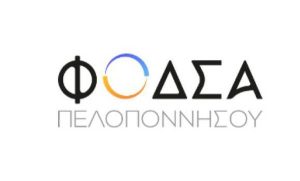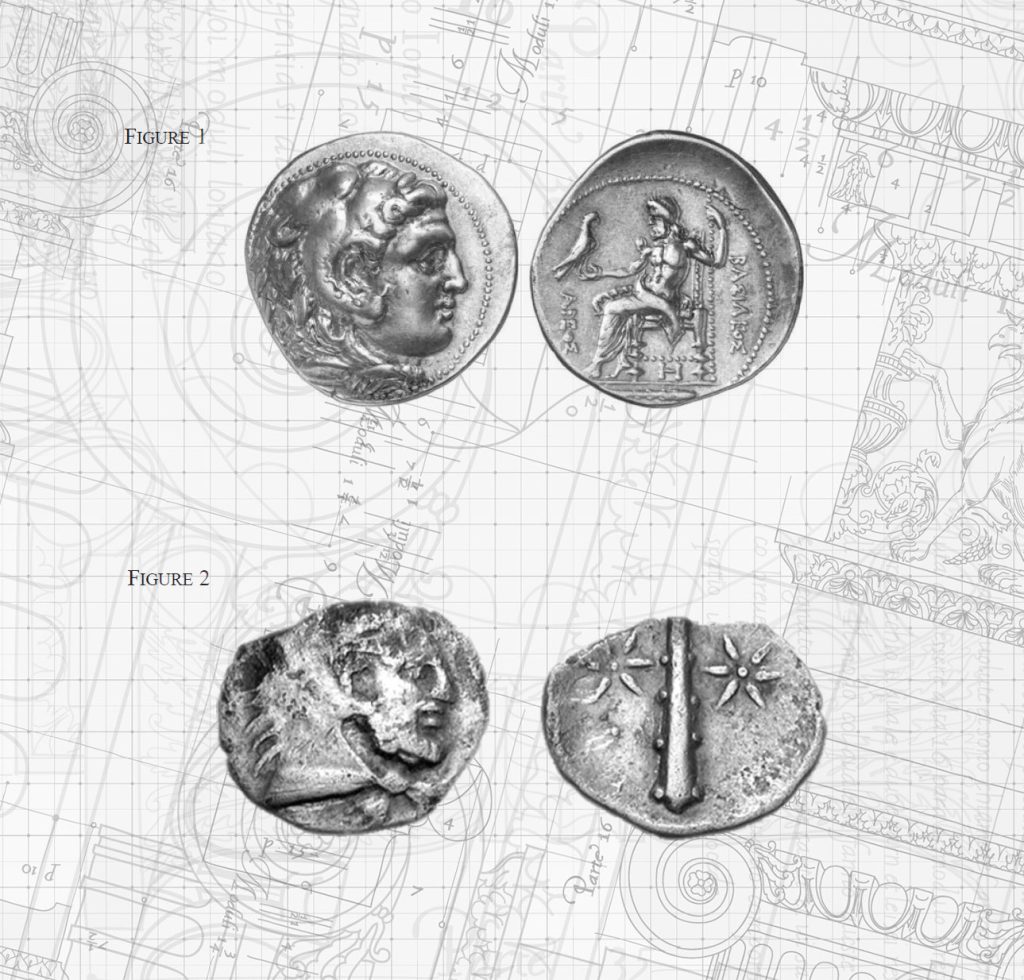
PELOPONNESE FODSA
The Regional Association of Solid Waste Management Entities (FODSA) of the Peloponnese Region was established in 2012. It has operated since 2014 pursuant to the official decision by the Greek Government to merge the seven (7) solid waste management entities in the Peloponnese Region and form the Regional Association of Solid Waste Management Agencies (FODSA) of the Peloponnese Region as a Public Law Legal Entity of the Peloponnese Region.
FODSA focuses on providing integrated management of solid waste, in accordance with the Regional Waste Management Plan. In particular, its central goal is to identify and implement the objectives and actions for temporary storage, transshipment, sea transport of MSW, processing, recovery and disposal of solid waste within its territorial jurisdiction in
accordance with the relevant joint Ministerial Decision. Specifically, FODSA engages in planning the solid waste management projects preparation and monitoring for the implementation of the Regional Solid Waste Management Plan (PESDA) of the Peloponnese Region, while solid waste management concerns temporary storage, transshipment, treatment, recovery, and disposal of solid waste in the allocated region.
The project «Integrated Waste Management of the Peloponnese Region» is implemented according to the Public-Private Partnership (PPP) method, through an agreement with the reputable Greek company TERNA. This ongoing agreement provides for the construction of three Waste Treatment Units (WTP) with a maximum capacity of 200,000 th/year, three Landfills and two Waste Transfer Stations (WTS).
The project «Integrated Waste Management of the Peloponnese Region» solves the environmental problem of the Peloponnese Region for a period of more than 30 years, ensuring compliance with the rules of European legislation on the environment and achieving consistently high environmental performance. The project complies with all the
good practice standards of the circular economy established by the European Union.
Currently, the Peloponnese FOSDA, through an open international bid, has signed a contract for a pilot project that will provide fifty-eight (58) Recycling Multi-centres for sorting at source of the waste produced at its members – local and regional authorities. These Multi-centres will be equipped with a material processing system (compression of plastic and metal materials and breakage of glass materials) with the aim of minimizing the volume of
materials to be recycled separately at the source, in order to reduce the energy and environmental impact of the recyclable materials transportation. Each Recycling Multi-centre is used for separate sorting at source of plastic, metal, glass and paper materials.


